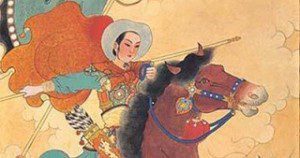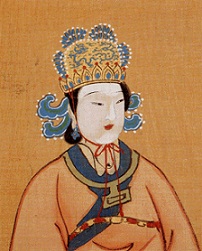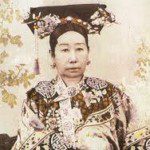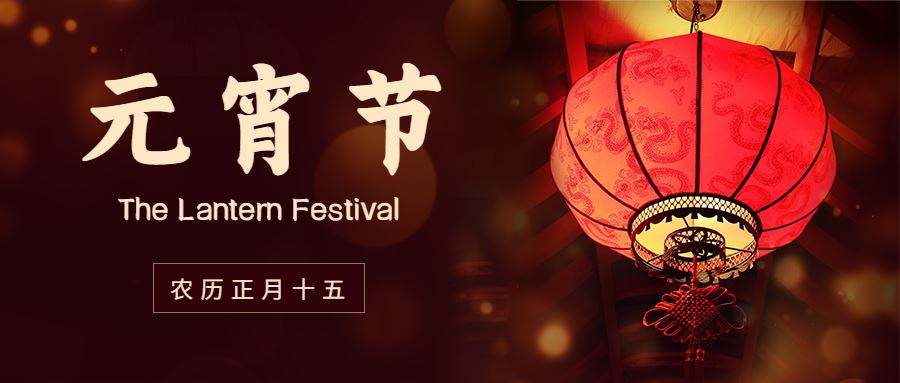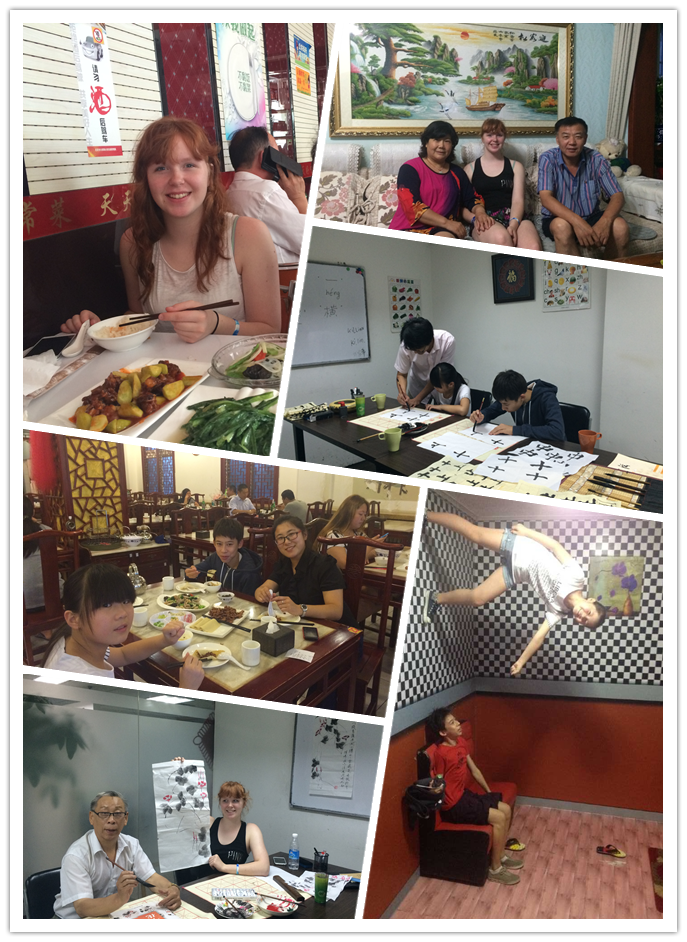The Most Famous Chinese Women in History
It is International Women’s Day (the 8th of March) today, let’s learn some Chinese historical figures female.
Fu Hao – China’s First Female General
Fu Hao (Fù Hǎo, 妇好, died c. 1200 BC), also known as Lady Hao, was a prominent figure during the Shang Dynasty in Eastern China around the 13th Century BCE. She held multiple influential roles as a queen, a military general, and a high priestess, making her one of the most significant women in early Chinese history.
As one of the wives of King Wu Ding (武丁) of the Shang Dynasty, Fu Hao distinguished herself not only as a royal consort but also as a formidable leader in her own right. Her military prowess was notable, and she led numerous successful campaigns against neighboring tribes, solidifying her reputation as a powerful general. Fu Hao also served as a high priestess, playing a crucial role in the religious and spiritual life of the Shang court.
Unfortunately, due to the ancient nature of her era, minimal evidence detailing Fu Hao’s life and achievements has survived. The lack of paper at the time means that many records may have been lost over the millennia. However, the discovery of her tomb in 1976 has provided invaluable insights into her life, revealing a wealth of artifacts, including weapons, oracle bones, and ritual vessels, which attest to her status and influence.
Fu Hao’s legacy endures as a testament to the critical role women could play in the highest echelons of power during ancient Chinese history. Her story is a reminder of the rich and complex history of the Shang Dynasty, where women like Lady Hao could rise to positions of great power and authority.
Hua Mulan: The Legendary Warrior Who Redefined Gender Roles
Hua Mulan is a legendary figure in Chinese folklore, known for her bravery and filial piety. Though her story is widely recognized through the Disney movie “Mulan,” her tale originates from the Ballad of Mulan (Mùlán cí 木兰辞), a narrative poem from the Northern Wei dynasty. In this ballad, Hua Mulan takes her ailing father’s place in the army, disguising herself as a man. She fights valiantly for twelve years, earning high honors, and ultimately returns home without seeking any rewards.
The story of Hua Mulan symbolizes the breaking of gender norms, especially in ancient China, where such actions were unheard of for women. This narrative not only highlights her courage and intelligence but also serves as a profound commentary on gender roles. The Mulan original story continues to inspire people, particularly women, to challenge societal expectations and pursue their own paths.
Although there is no historical record of an actual Hua Mulan, her legend has been passed down through generations and remains a significant cultural icon. The Ballad of Mulan is still taught in Chinese schools today, reflecting the enduring legacy of her story. The modern interpretation of Mulan Disney has further globalized her tale, making Hua Mulan a symbol of empowerment and resilience across cultures.
Wu Zetian: The Historical Female Emperor Who Shaped China’s History
Wu Zetian (625-705) is one of the most remarkable figures in Chinese history, both as an empress and the only female emperor. Her reign during the Tang Dynasty (618–907 AD) is often viewed as a period of significant political and cultural development. Known as Empress Wu Zetian, she rose to power by strategically navigating the male-dominated court and eventually became emperor, ruling with an iron fist for 16 years.
Despite her often ruthless methods to secure and maintain her position, Wu Zetian is recognized for her competent governance. She implemented policies that centralized power and promoted meritocracy, which helped stabilize and strengthen the empire. Her ability to govern effectively in a male-dominated society makes her an iconic figure in Wu Zetian history.
The Wu Zetian biography is a testament to her intelligence, political acumen, and resilience. As a patron of the arts and culture, she encouraged the flourishing of Buddhism and supported the construction of significant architectural projects. Her reign saw the Tang Dynasty reach new heights in cultural and economic prosperity, cementing her legacy as one of China’s most influential rulers.
Although her rise to power involved significant controversy, including allegations of manipulation and cruelty, modern historians often reassess her role with a more balanced perspective, acknowledging her contributions to the Chinese state. Wu Zetian’s complete story is a compelling narrative of ambition, power, and leadership that continues to fascinate scholars and readers alike.
Li Qingzhao: The Iconic Poetess of Song Dynasty and Her Enduring Legacy
李清照 lǐQīngzhào
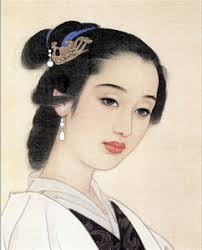 Li Qingzhao (1084 – c. 1156) was a pioneering Chinese writer and poet of the Song dynasty, recognized for her profound influence on classical Chinese literature. Writing under the pseudonym Householder of Yi’an (易安居士), Li Qingzhao is hailed as one of the greatest poets in Chinese history, distinguished by her unique ability to express deep emotional experiences through refined, lyrical verse.
Li Qingzhao (1084 – c. 1156) was a pioneering Chinese writer and poet of the Song dynasty, recognized for her profound influence on classical Chinese literature. Writing under the pseudonym Householder of Yi’an (易安居士), Li Qingzhao is hailed as one of the greatest poets in Chinese history, distinguished by her unique ability to express deep emotional experiences through refined, lyrical verse.
才下眉头 却上心头 cái xià méitóu què shàng xīntóu
(Mind fully occupied missing someone or something)
Example
此情无计可消除,才下眉头,却上心头
Cǐ qíng wú jì kě xiāochú, cái xià méitóu, què shàng xīntóu
To relieve my longing is all in vain; as the frown eases, the mind clutters.
Li Qingzhao’s poems are particularly noted for their introspective nature and vivid imagery, which capture the fleeting beauty of life and the sorrow of loss. Her work is emblematic of the ci poetry form, which she mastered with exceptional skill. This form, characterized by its fixed rhythm and structure, allowed her to convey complex emotional states with precision and elegance.
In a period when female writers were largely marginalized, Li Qingzhao defied the societal constraints of the Song Dynasty. She not only established herself in a male-dominated literary tradition but also contributed to its evolution. Her famous poems often reflect themes of impermanence, solitude, and the passage of time, which were influenced by the turbulent political landscape and personal hardships she endured, including the loss of her husband.
Li Qingzhao’s complete poems are revered for their literary excellence and are considered a critical part of the Chinese poetic canon. Her work has inspired generations of poets and scholars, and her legacy endures as a symbol of intellectual and artistic resilience.
Empress Dowager Cixi: The Uncrowned Queen Who Ruled the Qing Dynasty
Empress Dowager Cixi (1835–1908) was one of the most powerful women in Chinese history, often referred to as the “Uncrowned Queen” of the Qing Dynasty. Originally a concubine of Emperor Xianfeng, she rose to prominence as the mother of his successor, Emperor Tongzhi, and later as the adoptive mother of Emperor Guangxu. Despite her title, Empress Dowager Cixi held actual power over the Qing Empire for 47 years, from 1861 until her death in 1908.
Cixi’s reign was marked by controversy and complexity. To maintain her power, she navigated the turbulent political landscape of late Qing China, often facing significant challenges both from within the imperial court and from foreign powers. One of the most criticized aspects of her rule was her signing of a series of unequal treaties with Western nations, which contributed to China’s subjugation by foreign powers. Additionally, her conservative approach to governance and resistance to modernization efforts are often cited as factors that delayed China’s development during a critical period in its history.
Despite the negative assessments often associated with her reign, recent historical analyses have begun to reassess Empress Dowager Cixi’s role, recognizing the difficulties she faced as a female ruler in a patriarchal society and the complexities of governing an empire in decline. Her legacy remains a subject of debate, with some viewing her as a powerful female leader who managed to preserve the Qing Dynasty during a time of great internal and external pressures, while others criticize her for the consequences of her conservative policies.



